By Eze Nkechi
“Achieving Gender equality requires the engagement of women, men, girls and boys. It is everyone’s responsibility” – Ban ki-Moon
In view of this, a civil society organization Gender Strategy Advancement International (GSAI), with support from the MacArthur Foundation and Wole Soyinka Centre for Investigative Journalism (WSCIJ) on Monday 13th May, 2024 trained twenty (20) editors and reporters on gender accountability reporting in Abuja. The annual fellowship which is in its third cohort was tagged Gender the Agenda.

The Executive Director, Gender Strategy Advancement International, Dr. Adaora Onyechere Sydney-Jack during her welcome remarks disclosed that the reason for the training, is to intensify engagements on questions of accountability revolving around involvement of women in politics, governance and the economy as a whole.
According to Dr. Adaora, It is pertinent to note that over the past three years, 60 reporters and editors have been trained, and so far conversations have been pursued for deliberate engagements to see that programmes and several newspapers stories, conversations on television and radio are centred around women.
“This third year we are going to go ahead to look at the accountability question surrounding women’s involvement in economy, politics and also in governance. In the last years what we have focused on has been accountability in the MDAs in terms of gender mainstreaming and programming and I think what we have been able to achieve is; we have been able to do a baseline report on Nigeria’s political participation with women’s involvement from 1999 till date” she said.
Speaking further, she noted that women are often stereotyped with negative imagery all over the media. But with the advent of advocacy by the Gender Strategy Advancement International and its fellows, more attention has been drawn to gender exclusion in the budgeting process.
“Investigative journalists must be protected and well remunerated by the government and media organizations to enable them carry out their task effectively. Insurance should be reviewed. What are we doing in terms of the policy surrounding insurance for journalists? Also we are asking for a review of the remuneration going forward because if a journalist can leave his/her home to sabisa forest to carry out an investigation to create stories, that person is as good as a solider on the field, defending the foreign relations and the border lines of the country” she said.
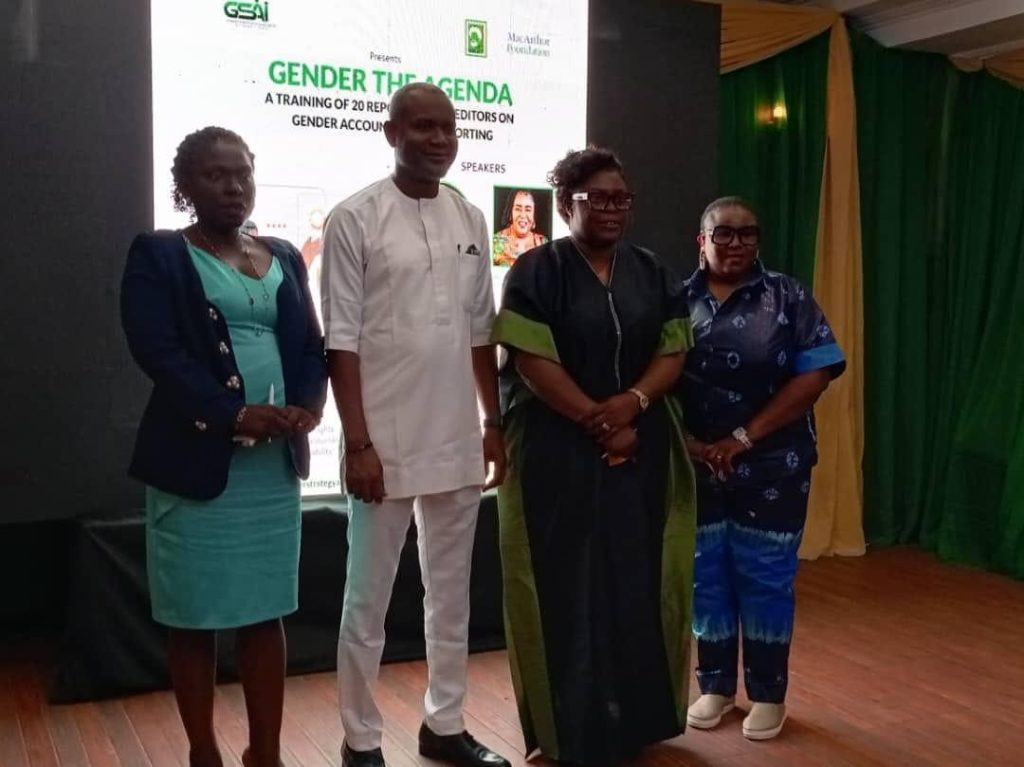
Dr. Adaora also stated that “Our image and our foreign relations begin with the idea and the identity we have as a country and that is where we bring in the journalists. I believe that female journalists in Nigeria are promising. A lot of them would want to come on board, a lot of young people I’ve spoken with would also want to come into the field but they are not certain that they will be paid for their capacity merit. They are not certain they will be safe, they are not certain that they will have insurance. So I think that we need to go back to the drawing board. Organizations such as NUJ, NAWOJ and also the National Assembly Committee on Information and Media should look into these issues and begin to rethink the policies.
Speaking to organizations, she hinted that “your journalists are your ambassadors; they are your front bearers. I think it’s high time you look at those on the field and review their statements and remuneration”.
Dr Amaechi Anakwe, a political economist, journalist and policy consultant, while delivering his paper titled: “Comparing Nigeria’s Economic and Performance to Other Countries, Evaluating the Rot in the System and the Role of the Media in Holding Government Accountable Through Sustainable Investigative Journalism”, called on journalists to endeavour to interrogate the activities of government, by using probing reports, monitoring and evaluation to follow up their stories. He also emphasised on the need for timely and actionable laws, to create a level playing ground for women’s participation in socio-economic structure. In his words, ”Women should be encouraged to operate beyond the peripheral social economic level because if women are given the same opportunity to struggle for resources, same way with the male folks, and they begin to find their balance within the equilibrium, it will automatically transcend to greater involvement of women in governance and politics. In other words, if women are allow to make money and accumulate wealth, it will directly lead to increased participation in politics because politics is driven and influenced to reasonable extent by wealth. Women are not fully represented because they don’t have enough exposure to material conditions”.
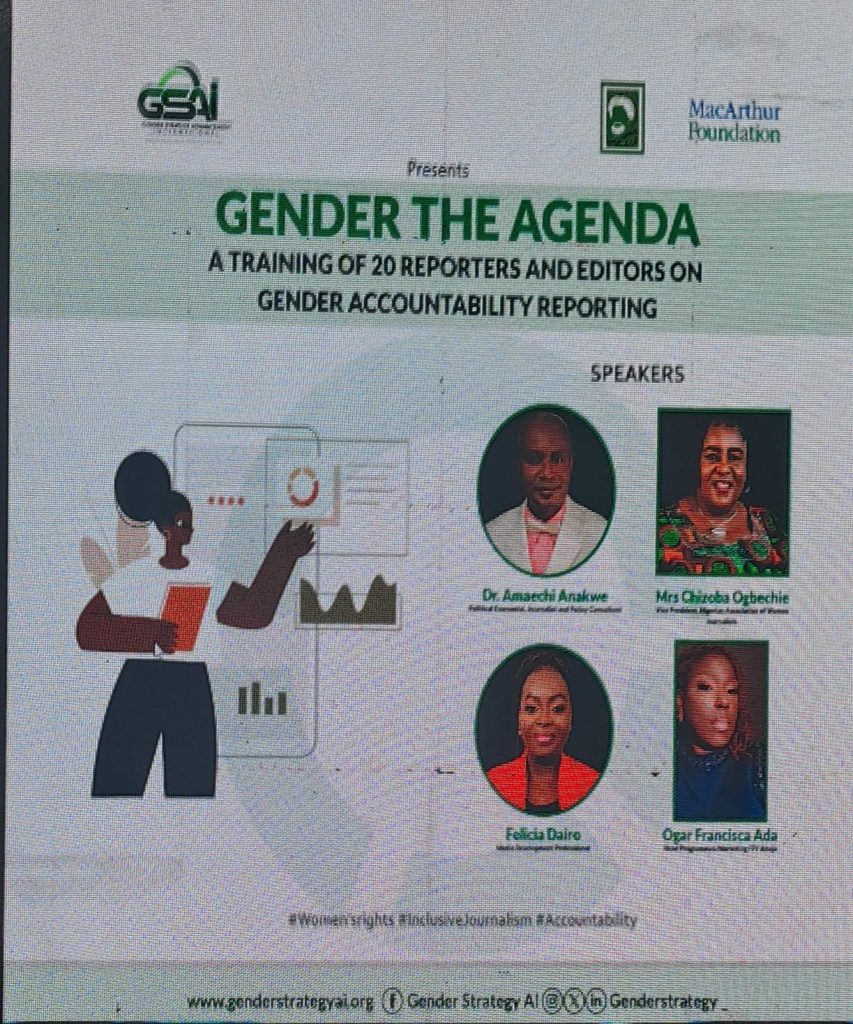
Mrs Chizoba Ogbeche Vice President zone D, Nigeria Association for Women Journalists (NAWOJ) while delivering her paper on “Media and Gender: Ethics of gender reporting and demystifying negative gender identity towards enhancing women’s political performance” reiterated that media reports should also have gender balance, rather than reinforcing stereotypes as this would portray the full picture of the society by not neglecting women. “By adopting gender sensitive approaches, media can contribute to the dismantling of systematic barriers and fostering an environment of inclusivity. Languages that give a representation to the society that men are doing better than the women, for example, when saying police, you say policemen, instead of police officer, and they also say officers and men of the police, you don’t get to hear officers and women of the police, knowing that there are also women in the police, who are doing well. She urged journalists to endeavour to avoid the use of such terms” she said.
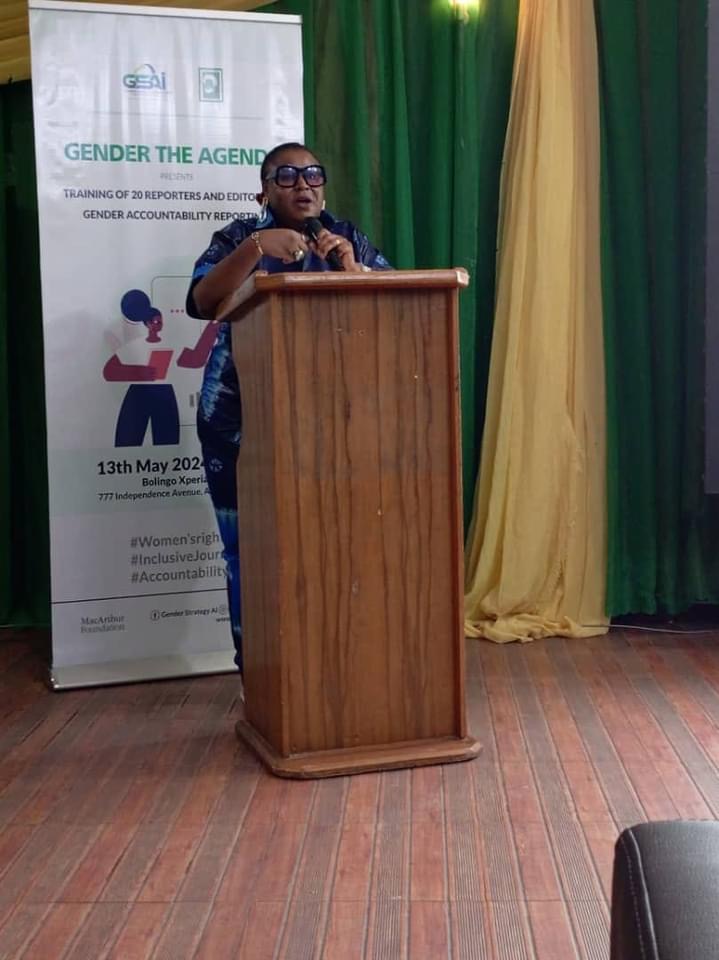
Mrs Ogbeche averred that there is need for deliberate effort to ensure the inclusion of women, who are experts in their fields as news sources, especially in those areas traditionally dominated by men’s voices such as politics, economics, conflict sports and science.
Mr Patrick Osadebamwen, Chairman, Nigeria Union of Journalists (NUJ). FCT Council, said it is important to keep government on its toes to build an all-inclusive society.
According to Osadebamwen “We also have responsibility by virtue of our job to hold and keep government accountable and to also build an all -inclusive society by basically creating awareness; we can always note these gaps and report them. By doing this, I’m positive that those who are responsible for the institution will know that we working to have a better society”.
Ogar Fransisca Ada, Head Programme and Marketing, ITV Abuja, while annotating the role of community journalism and its place in evaluating the rot in the system due to women exclusion in government urged journalists to always ensure that discussions on how to ensure inclusion of women through gender mainstreaming and gender equality through legal and social reforms remains on the front burner.
According to her, inclusive and accountable democratic institutions and processes are possible when gender equality and inclusion of women, youths, persons with disabilities and other marginalized segments is attained, as both actors and beneficiaries of democratic development.
Mrs. Ogar highlighted some of the benefits of community journalism to include: “amplifies local voices and fosters civic engagements, serves as a trusted source of information, addresses information gaps and nurtures the local economy by bringing attention to the issues and achievements of local communities, empowers residents to take an active role in shaping their neighbourhoods and ensures that the voices of all community members are heard.”
Felicia Dairo, the Project Manager, Centre for Journalism Innovation and Development, stated that inclusion is all about intentionality. According to Felicia, “an inclusive economy will leave no one behind. Non-stereotype reporting is not just a moral imperative but also a strategic necessity needed to foster an inclusive economy.”


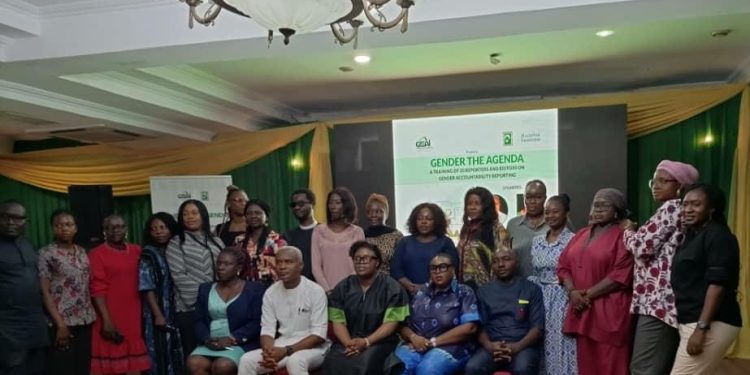
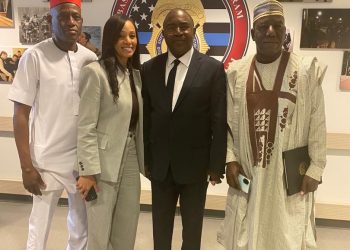
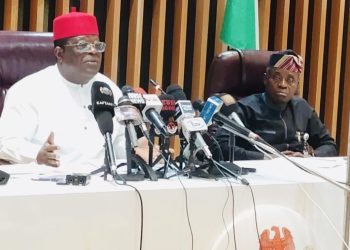
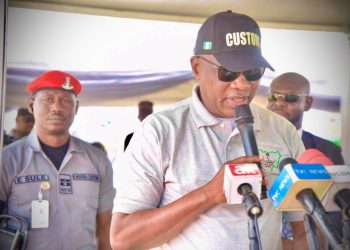











Is there anyone stopping women from joining politics?
That’s the question to ask.
Women journalist are mouth pics for the women and societies, the speaker doctor Adaora really spoke the mind of Nigeria women journalist as she sees them as promising journalist because women in journalism have brighter future to function in Nigeria.
@Newspeg the algorithm of your report on this gender equality news is perfect, kudos.